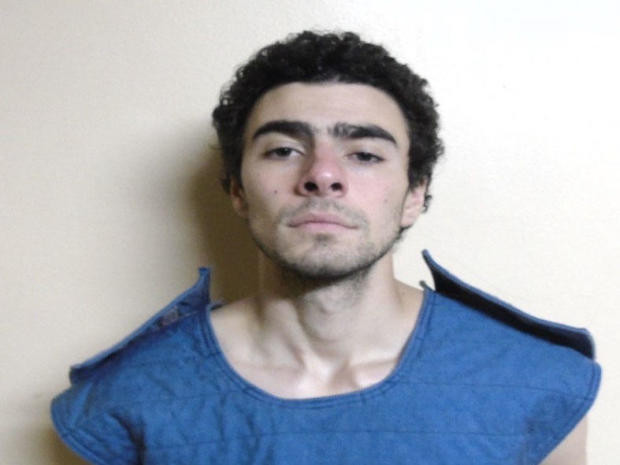Authorities are working to unravel the complex factors behind the fatal shooting of UnitedHealthcare CEO Brian Thompson, allegedly carried out by a 26-year-old man who may have been grappling with debilitating physical issues and a growing sense of isolation. The accused gunman, identified as Luigi Mangione, faces multiple weapons charges and is expected to be charged with murder in the coming days. Investigators say he carried a "ghost gun," masks, and a three-page manifesto apparently critical of the health insurance industry at the time of his arrest.
Mangione, who was taken into custody Monday morning at a McDonald's in Altoona, Pennsylvania, had been the subject of a frantic search since the December 4 shooting outside the New York Hilton Midtown. That morning, Thompson, 50, had been walking alone en route to a corporate investor conference when he was shot from behind. The killing of such a prominent industry figure drew immediate national attention. Police credit the swift apprehension to a publicized image of the suspect, alert citizens, and interstate investigative cooperation.
Friends and acquaintances of Mangione have since come forward with testimony suggesting he may have experienced severe, chronic back pain. According to the Honolulu Civil Beat, Mangione stayed from January to June 2022 at Surfbreak, a co-living space near Honolulu's Ala Moana Beach Park, where the property's founder, R.J. Martin, recalled Mangione suffering from "chronic back pain" linked to a pinched nerve. "I loved this guy," Martin told the publication. "In some ways I feel like my members are my kids."
Mangione's struggle with persistent discomfort reportedly impacted his daily life. "He went surfing with R.J. once but it didn't work out because of his back," said Josiah Ryan, a spokesperson for Martin, as quoted by the Associated Press. Martin noted, "He said his lower vertebrae were almost like a half-inch off, and I think it pinched a nerve." Mangione underwent back surgery last year, sending X-ray images of the procedure's aftermath to Martin, who described the hardware in the spine as "heinous," with "giant screws" going in.
Yet by the summer, Mangione seemed to withdraw. "He went radio silent in June or July," Martin said. Relatives similarly lost touch: a former classmate of Mangione's at Baltimore's Gilman School, Aaron Cranston, told the New York Times he and others received a message earlier this year indicating Mangione's family had been unable to contact him following his surgery. On November 18, Mangione's mother reported him missing, sources told the New York Post. At the time, Mangione had ties to multiple locations, including Honolulu and San Francisco.
Investigators are now scrutinizing whether Mangione's bitterness toward the healthcare sector, possibly fueled by his medical ordeals, played a role in the crime. According to law enforcement sources and reports, Mangione's possession of a manifesto critical of corporate America-particularly the health industry-may offer a motive. The Post cited sources saying Mangione's writings link him to an ideology reminiscent of "Unabomber" Ted Kaczynski's anti-establishment stance. On his Goodreads account, Mangione reportedly showed interest in books addressing chronic back pain and the failings of modern medicine.
While Mangione has not commented publicly on the allegations, authorities have outlined the evidence. He allegedly used a "ghost gun" capable of firing 9mm rounds, wore masks, and carried forged documents. Investigators believe the shooting suspect arrived in New York shortly before the crime. Surveillance footage placed him in the vicinity of Thompson's hotel the night before the killing. After the murder, he fled the area, sparking a nationwide search.
For UnitedHealthcare, a subsidiary of UnitedHealth Group and the country's largest health insurer, the loss is both tragic and unsettling. Thompson's death rattled corporate leadership and prompted discussions about security measures at high-profile industry gatherings.
As Mangione awaits extradition to New York and potential murder charges, police and prosecutors must piece together how a once-promising engineering graduate from the University of Pennsylvania-a man who friends say "was widely considered to be a great guy" during his time in Hawaii-allegedly spiraled into violence.




